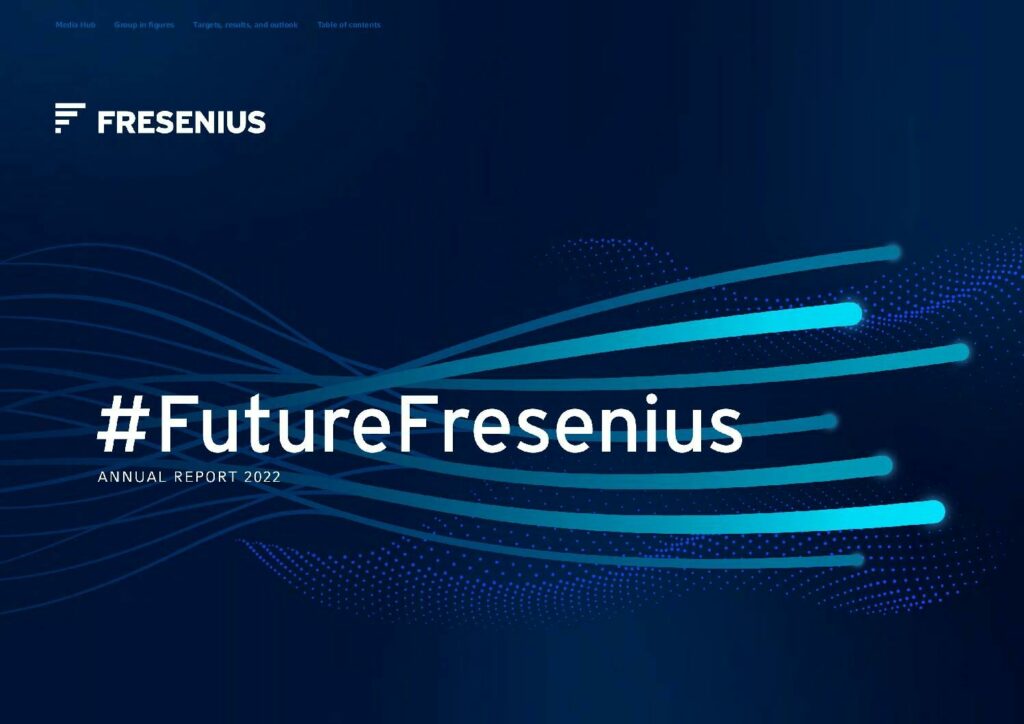Compliance risks
Fresenius is subject to comprehensive government regulation and control in nearly all countries. In addition, Fresenius must comply with general rules of law, which differ from country to country. There could be far-reaching legal repercussions or reputation damage should Fresenius fail to comply with these laws or regulations.
We must comply in particular with rules and regulations that monitor the safety and effectiveness of our medical products and services. Corruption is a core risk area across all business segments. Antitrust law, data protection, money laundering, sanctions, and the upholding of human rights are further significant risk areas. It is therefore of particular importance to us that our compliance programs and guidelines are strictly adhered to. Through compliance, we aim to meet our own expectations and those of our partners, and to orient our business activities to generally accepted standards and local laws and regulations.
At Fresenius, risk-oriented compliance management systems are implemented in each business segment. These systems take into account the markets in which the respective business segment operates and are tailored to the specific requirements of the business segment. Furthermore, we at Fresenius assess compliance risks using a standardized methodology.
Our compliance programs set binding rules of conduct for our employees. We believe that we have taken adequate measures to ensure that national and international rules are observed and complied with. Nevertheless, even when a comprehensive compliance program is in place, individual cases of misconduct by individual employees or contractual partners cannot be ruled out, which could cause damage to the Company.
Legal risks
Risks arising in connection with litigation or official proceedings are continuously identified, assessed, and – above a relevant set materiality threshold, where applicable – reported within the Group. Companies in the healthcare industry are regularly exposed to claims or actions for breach of their duties of due care, product liability, breach of warranty obligations, patent infringements, treatment errors, and other claims. This can result in high claims for damages and substantial costs for legal defense, regardless of whether a claim is actually justified. This applies in particular to disputes and proceedings in the United States, where legal defense costs and claims for damages can be exceptionally high. If legal matters or official proceedings are decided against Fresenius, it may also no longer be possible to insure risks of this kind in the future, or it may no longer be possible to insure such risks under appropriate conditions.
The Fresenius Group is involved in several legal matters and official proceedings arising from the ordinary course of its business. However, although the outcome cannot always be reliably predicted, we do not currently expect any significant adverse effect on our business, financial position, and operational result arising from the legal matters and proceedings currently pending.
Other risks
Our international orientation also gives rise to the following risks, which could have an adverse effect on our business and thus on our business, financial position, and operational result:
- Political, social, or economic instability, especially in developing and emerging countries;
- Civil unrest, war, or the outbreak of diseases, such as pandemics, e.g. the coronavirus pandemic;
- Environmental risks;
- Natural disasters, terrorist attacks, and other unforeseen events;
- Different and less stable regulations protecting intellectual property;
- Delays in the transport and delivery of our products.
Insurance
In its risk management, Fresenius uses the option to transfer certain risks to external insurers. Fresenius Versicherungsvermittlungs-GmbH is the Fresenius Group’s insurance department, which is organized as a captive insurance broker, and ensures appropriate insurance cover for large parts of the Group. Other sub-groups ensure adequate insurance coverage through their own departments. The aim is to protect the Company’s employees and assets against possible hazards within the risk management process by procuring insurance coverage that is appropriate to the risks. To this end, we purchase adequate coverage, taking into account the cost-benefit ratio. For example, Fresenius has all-risk insurance against property damage and loss of earnings due to, for example, fire, storms, water, earthquakes, and other natural hazards, product liability insurance, insurance for volunteers and patients in clinical trials, hospital liability insurance, environmental liability insurance and environmental damage insurance, and directors’ and officers’ insurance.

